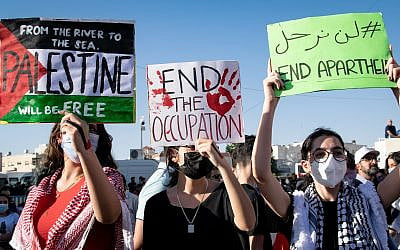Manchester’s Yom Kippur Attack and Britain’s Dangerous Drift
The Manchester synagogue attack wasn’t random. Britain’s refusal to confront radicalization, unchecked migration, and antisemitic street culture has left its Jews vulnerable — and exposed the failure of moral clarity in its politics.
A Quiet Yom Kippur Shattered
There’s a particular stillness to Yom Kippur afternoon — a quiet so deep that even the air feels heavy. That stillness was broken in Manchester this year when a terrorist rammed his car into worshippers leaving the Heaton Park Hebrew Congregation, then attacked with a knife. Two Jews were murdered, several others were wounded, and an entire community was left shaken.

For British Jews, it was a moment of horror — but for many, sadly, not of surprise. The attack was not a random act of hatred. It was the latest, most violent symptom of something Britain has refused to confront: the slow decay of moral boundaries, the normalization of antisemitism, and the political timidity that enables both.
Prime Minister Keir Starmer’s promise to “do everything in my power to guarantee you the security that you deserve” was sincere. But words, even well-intentioned ones, cannot undo years of policy failure.
When Multiculturalism Replaces Integration
Britain has prided itself on tolerance and diversity. Yet tolerance without integration breeds division, not harmony.
For decades, large waves of migration from Muslim-majority countries reshaped Britain’s social fabric. Most immigrants and their children have contributed positively to society. But the refusal to insist on shared civic values—respect for the law, rejection of violence, and commitment to democratic principles—has created pockets of alienation where extremism festers.
It’s not bigotry to say what’s evident: when integration fails, radicalization succeeds. British intelligence agencies have warned for years that disaffected youth are being drawn into extremist networks. Manchester’s tragedy is a product of that neglect.
Hatred in the Streets
London’s massive pro-Palestinian marches began as “peace protests.” Too many have morphed into open displays of antisemitism: chants of “intifada,” slogans calling for Israel’s destruction, and the casual demonization of Jews.
Police and politicians hesitate to act for fear of appearing “Islamophobic.” But this permissiveness is itself a form of cowardice. When hate speech is tolerated in public squares, it becomes ambient noise—and some will always take that noise as a call to violence.
Starmer’s Symbolic Misstep
Just weeks before the Manchester attack, Prime Minister Starmer recognized a Palestinian state. He did so without demanding that the Palestinians renounce terror, recognize Israel, or release the hostages still held in Gaza.
The decision was meant to show leadership. Instead, it signaled appeasement. At a time of rising antisemitism, Britain’s leaders chose symbolism over security. For extremists, the message was clear: violence can move governments.
Britain’s Jews Deserve Better
British Jews are among the most loyal, productive citizens in the nation’s history. Yet today, they walk to synagogue under police escort, cover their kippot in public, and wonder whether their country still sees them as part of its moral center.
Starmer’s vow to protect them must become policy, not platitude. That means:
- Enforcing hate-crime laws against incitement.
- Restricting demonstrations that glorify terror.
- Investing in integration that builds shared identity.
- Reaffirming publicly that Jews are part of Britain’s story, not guests in it.
The Test of a Nation
The Manchester synagogue attack is a tragedy — but also a test. Britain can either rediscover the civic and moral clarity that once defined it, or continue down the path of fear, fragmentation, and appeasement.
If Britain cannot protect its Jews, it cannot protect itself.
Stephen M. Flatow
This post and others can also be seen at my Times of Israel Blog



No comments:
Post a Comment